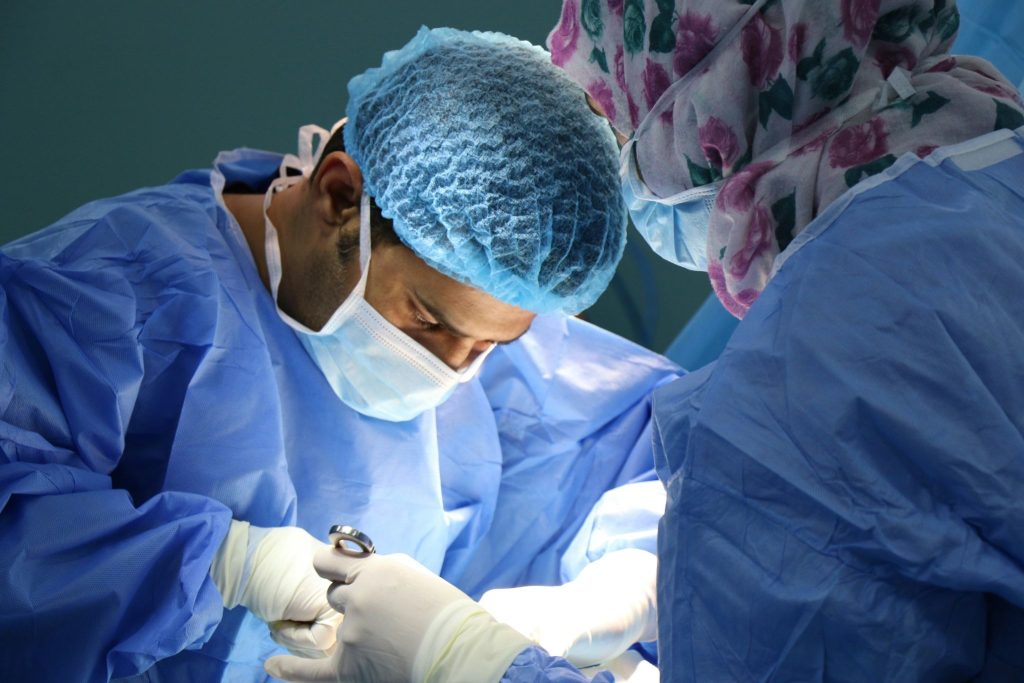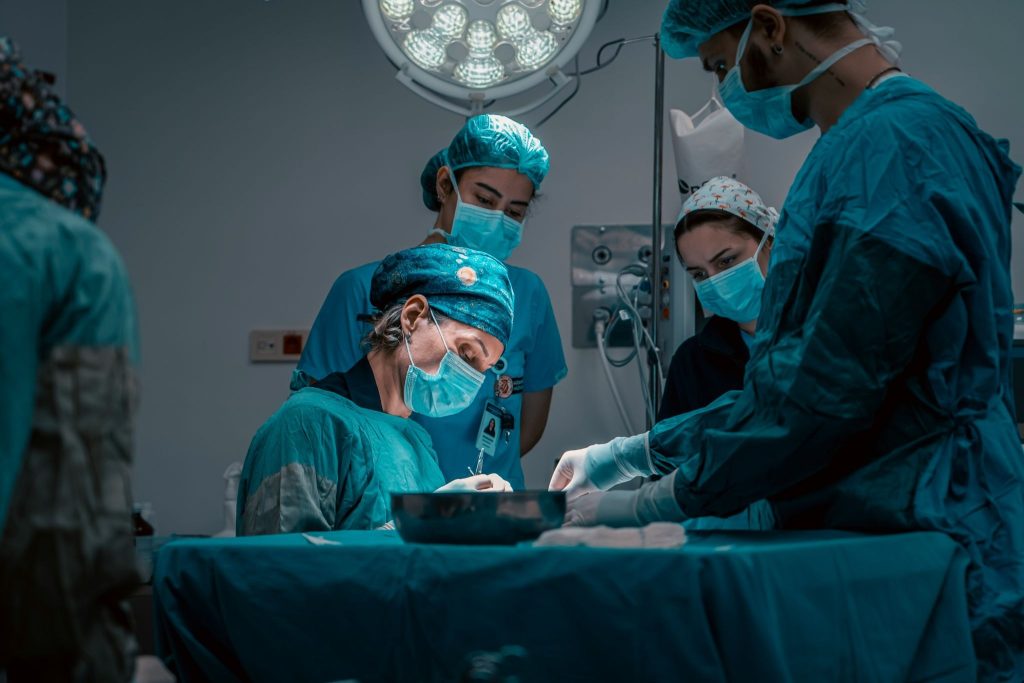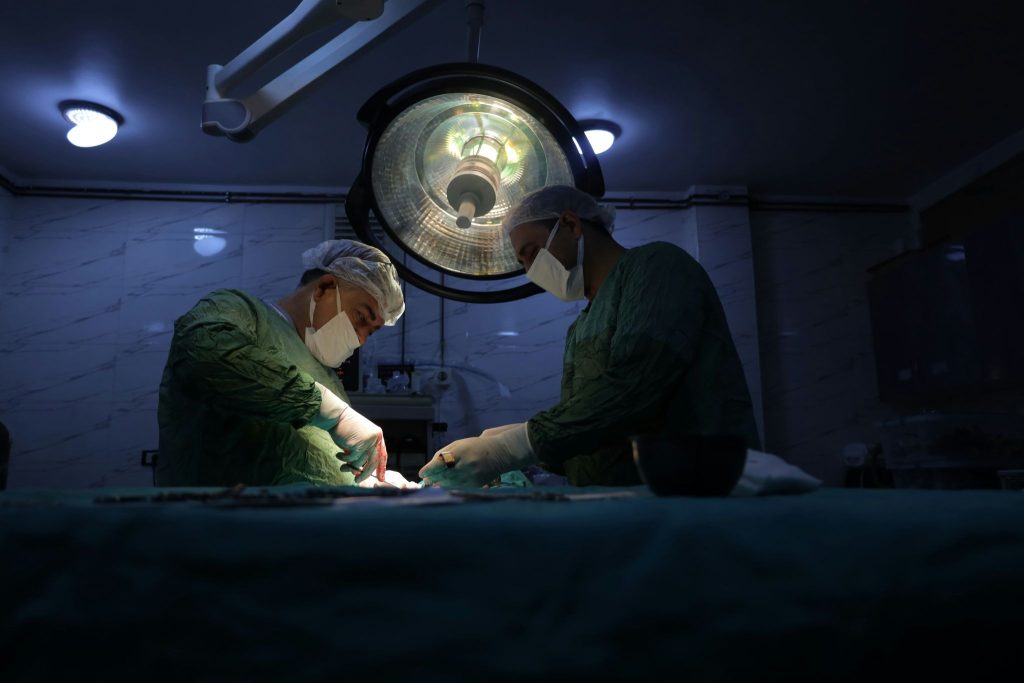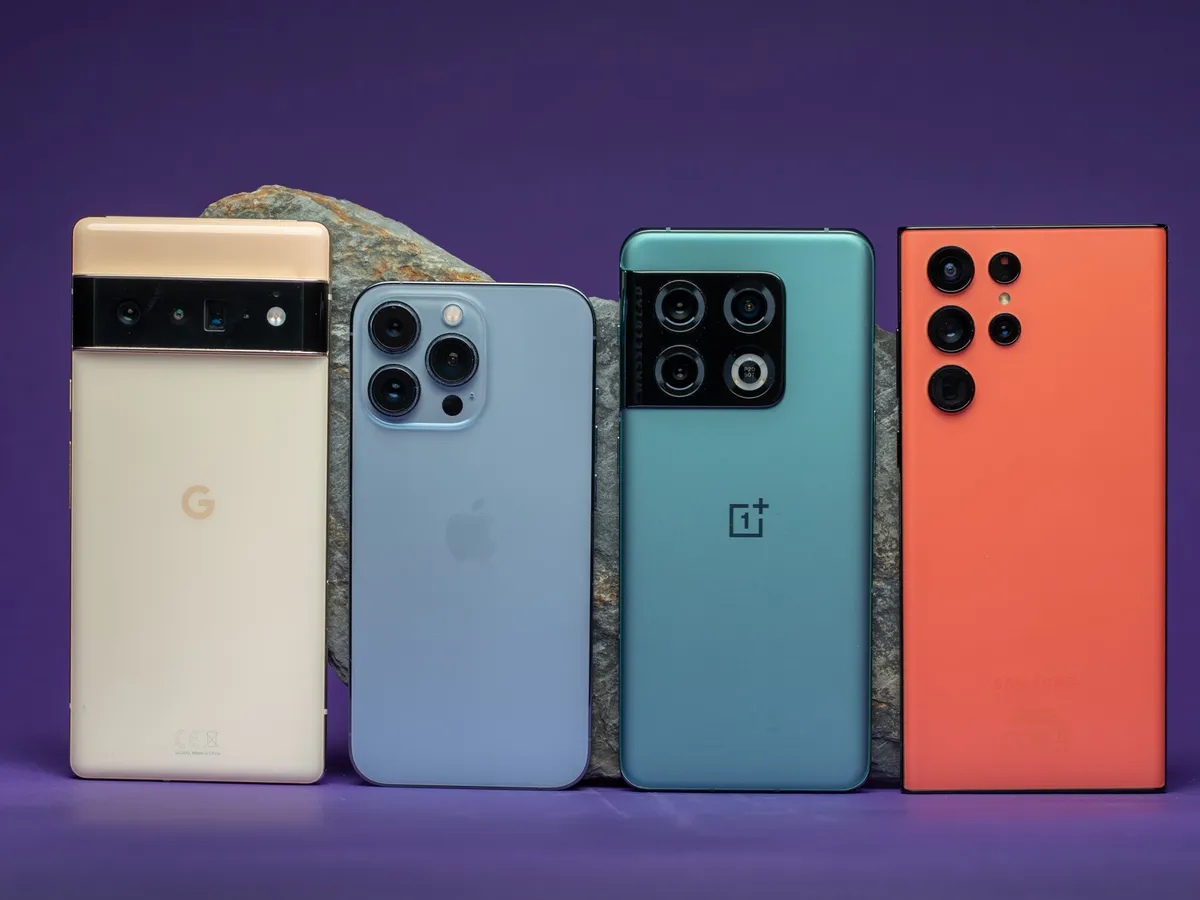
Neurosurgery stands at the frontier of medicine where precision, courage, innovation and compassion meet. The surgeons who excel in this field not only master complex anatomy and high-risk operations, but often also push the boundaries of what’s possible in treatment of brain and spinal disorders.
In this article we highlight ten neurosurgeons from around the world who are widely regarded as among the best. They’re chosen for their pioneering work, global recognition, research impact, and surgical outcomes.
1. Majid Samii (Iran / Germany)
Born in Tehran in 1937, Dr Samii forged a global reputation in neurosurgery after training in Germany (University of Mainz) and later heading the renowned International Neuroscience Institute (INI) in Hanover, Germany.
Why he stands out
- He has published hundreds of peer-reviewed articles and trained many neurosurgeons worldwide.
- In 2014 he was awarded the Golden Neuron Award and was named among “world top neurosurgeons”.
- His influence extends beyond surgery into education, research and creation of neurosurgical centers in several countries.
Key specializations
Skull-base surgery, microsurgery of brain tumours, training and international neurosurgical development.
Impact
Dr Samii’s career spans decades and continents. His enduring legacy lies in both surgical innovation and in the global neurosurgical community.
2. Michael L. J. Apuzzo (USA)
Dr Apuzzo, born in 1940 in the United States, is a pioneer in neurosurgical techniques and education.
Why he stands out
- More than 800 peer-reviewed publications and 50+ edited volumes, including major atlases of brain surgery.
- He introduced important concepts of minimally invasive neurosurgery, stereotactic approaches and functional neurosurgery.
- Served in leadership roles in major neurosurgical societies, and helped shape global neurosurgery education.
Key specializations
Microsurgery of the cerebrum, stereotaxy, functional restoration, brain tumour surgery.
Impact
His work influenced how neurosurgery is taught and practiced globally, and his written contributions remain reference points for neurosurgeons.
3. Paresh Doshi (India)

Dr Doshi is a leading functional neurosurgeon based in Mumbai, India.
Why he stands out
- He set up the stereotactic and functional neurosurgery department at Jaslok Hospital & Research Centre in 1998 and has performed hundreds of deep brain stimulation (DBS) surgeries.
- He is credited with many “firsts” in India and Asia-Australia in the field of movement disorder surgery and functional neurosurgery.
Key specializations
Deep brain stimulation for Parkinson’s disease, tremor, dystonia; functional neurosurgery (OCD, spasticity), stereotactic surgery.
Impact
Dr Doshi has brought advanced neurosurgical techniques to a major centre in Asia, helping patients from many countries seek care that was once only available in Western centres.
4. Takanori Fukushima (Japan / USA)
6
Dr Fukushima (1942–2024) was a Japanese neurosurgeon widely regarded for his work in brain tumour surgery.
Why he stands out
- He worked both in Japan and in the USA (Duke University) and was highly regarded internationally as “God’s hand” in brain tumour surgery.
- He performed hundreds of complex tumour surgeries annually — his technical mastery was widely acclaimed.
Key specializations
Brain tumour (glioma, skull base) surgery, neurosurgery training.
Impact
Though he recently passed away, his lifetime of work left a major imprint on brain tumour surgery and the neurosurgical community.
5. Deepak Agrawal (India)
Dr Agrawal is a neurosurgery professor at All India Institute of Medical Sciences (AIIMS), New Delhi, who has advanced techniques in spine injury, stem cell research and radiosurgery.
Why he stands out
- He pioneered the use of Gamma Knife radiosurgery for ocular malignancies and high cervical spinal cord surgeries in India.
- He established the “Stem Cell Translational Research in Neuroscience LAB (SCTRN)” and has led research in spinal cord injury repair.
Key specializations
Spinal cord injury surgery, radiosurgery for brain and eye tumours, translational research in neurosurgery.
Impact
Dr Agrawal represents the merging of neurosurgery and cutting-edge research in India, and provides access to advanced neurosurgical care and innovation in a region with large patient need.
6. Philip E. Stieg (USA)
Dr Stieg is chairman of the neurosurgery department at Weill Cornell Medicine and is linked to the top-ranked neurosurgery service at NewYork-Presbyterian.
Why he stands out
- His institution was ranked #1 globally in neurosurgery by Newsweek/Statista in 2021-22.
- He combines surgical practice with research and institutional leadership.
Key specializations
Cerebrovascular disease, skull-base surgery, brain tumour, neurosurgical research and institutional leadership.
Impact
Being at the helm of a globally top-ranked neurosurgical service gives Dr Stieg a major influence in training, innovation and patient care at the highest level.
7. Gurneet Singh Sawhney (India)
Dr Sawhney is a highly trained neurosurgeon based in India with fellowships in Japan and extensive expertise.
Why he stands out
- Specialised in epilepsy surgery, functional neurosurgery, neuro-endoscopy and minimally invasive spine and brain surgery.
- He is described on his own website as “one of the best neurosurgeons in the world” due to his training and outcomes.
Key specializations
Epilepsy surgery, functional neurosurgery (including deep brain stimulation), neuro-endoscopy, minimally invasive spine/brain surgery.
Impact
Dr Sawhney represents the growing global capacity for world-class neurosurgery in India, allowing patients access to advanced techniques locally.
8. Ralf Buhl (Germany)
Dr Buhl is a German neurosurgeon noted for his work in brain and spine surgery, particularly minimally invasive methods.
Why he stands out
- Over 20 years of experience, thousands of surgeries, and a focus on neuro-oncology and minimally invasive robotics.
Key specializations
Brain tumour surgery, spine surgery, minimally invasive/robot-assisted neurosurgery.
Impact
Dr Buhl exemplifies how neurosurgical innovation continues to evolve in Europe, offering complex therapies for challenging conditions.
9. Gerardo Conesa Bertran (Spain)

Dr Conesa Bertran is a Spanish neurosurgeon with strong credentials in epilepsy, spine surgery and minimally invasive neurosurgery.
Why he stands out
Key specializations
Epilepsy surgery, spine surgery, minimally invasive neurosurgery, skull-base tumours.
Impact
He contributes to a broad global neurosurgical base, ensuring that advanced neurosurgical care is available beyond English-speaking nations.
10. K. Daniel Riew (USA)
Dr Rew is a senior neurosurgeon in the United States known for his expertise in cervical spine surgery and deformity repair.
Why he stands out
- More than four decades of experience, especially in spine neurosurgery where complexity and risk are high.
Key specializations
Cervical spine surgery, spinal deformity repair, complex spinal neurosurgery.
Impact
Dr Riew’s work highlights that neurosurgery extends beyond the brain into spine and spinal cord – areas where many patients travel internationally for expert care.
Why These 10?
In selecting this list, several criteria were considered:
- Global recognition and awards: Many have awards, global appointments or institutional recognition.
- Pioneering contributions: They introduced new surgical techniques, research contributions or founded major neurosurgical centres.
- Scope & impact: They treat complex cases, publish research, train others and extend beyond their local practice.
- Geographic diversity: Neurosurgery is global; the list spans North America, Europe, Asia, the Middle East.
- Current relevance: While some are senior figures, each has ongoing relevance, research, or institutional role.
FAQs
1. How do I choose a neurosurgeon if I need brain/spine surgery?
Look for:
- Fellowship/specialty training and board certification in neurosurgery (and the specific sub-specialty you need: spine, tumour, functional, paediatric, etc.).
- A track record of the specific procedure you need (e.g., deep brain stimulation, skull-base tumour resection, spinal deformity).
- Institutional support: The hospital should have advanced neurosurgery, neuro-anesthesia, neuro-ICU, rehabilitation services.
- Transparent outcome & complication rates (where available).
- Good communication and patient-centred care.
2. Are international neurosurgeons always better than local ones?
Not necessarily. While internationally acclaimed neurosurgeons can offer top-tier expertise, many excellent neurosurgeons operate regionally. Access, aftercare, cost, travel risk, and follow-up matter. For many patients, finding the best local neurosurgeon for their condition may be more practical.
3. What are the risks of neurosurgery and how can they be minimised?
Risks vary with procedure (tumour, spine, vascular, functional). General tips to minimise risk:
- Choose a surgeon with high experience in that procedure.
- Ensure the hospital has full support services (ICU, rehab, imaging).
- Understand the surgeon’s complication rates, experience, and how they handle complications.
- Follow pre- and post-operative instructions carefully.
4. Is neurosurgery only for brain tumours or strokes?
No — neurosurgery covers brain, skull base, spinal cord, spine, functional disorders (e.g., movement disorders, epilepsy), paediatric neurosurgery, trauma, vascular neurosurgery (aneurysms/AVMs) and more.
5. Can neurosurgery outcomes depend more on the hospital than the surgeon?
Yes — the team, technology (imaging, navigation, robotics), peri-operative care (anesthesia, ICU, rehab) and institutional volume play large roles. The surgeon is critical, but the system around them matters.
Conclusion
The ten neurosurgeons featured above represent the pinnacle of neurosurgical practice globally — combining surgical brilliance, research innovation, training and global outreach. But remember: the “best” neurosurgeon for you depends on your specific condition, your logistic and financial circumstances, and the support system of the hospital and after-care.
If you or a loved one are considering neurosurgery, use this list as a starting point — then research the surgeon’s experience with your exact condition, request outcomes data, check hospital support services, and ensure you feel comfortable with the care team.
In the evolving world of neurosurgery, new technologies (minimally invasive methods, robotics, functional neurosurgery, stem-cell research) continue to expand what’s possible — and the surgeons above remain trail-blazers in that journey.

